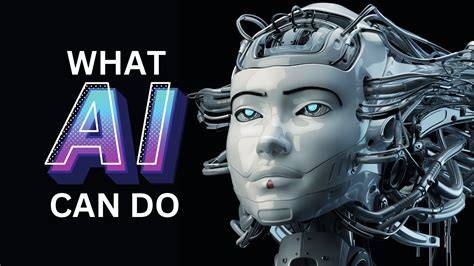Generative AI is no longer limited to tech giants and specialized developers. It has become accessible to everyone, ushering in a revolution across various industries and transforming the way we work and live. This democratization of AI technology enables individuals and businesses to utilize powerful tools for both creative and practical tasks, reshaping fields like content creation, customer service, and beyond.
One of the most notable impacts of generative AI is on content creation. Writers, designers, and marketers can now generate high-quality content in a fraction of the time it would take to create manually. AI tools can draft articles, design graphics, and even compose music, allowing creators to focus on refining their ideas rather than starting from scratch. Small businesses benefit from these tools as they provide cost-effective solutions for producing professional content without the need to hire expensive experts.
Generative AI has also made significant improvements in customer service. AI-powered chatbots are now more conversational, responsive, and capable of handling complex inquiries. These bots offer 24/7 support, addressing customer questions, solving problems, and providing personalized recommendations. As a result, businesses can enhance customer satisfaction while reducing the workload for human agents.
Other industries are also experiencing the transformative effects of generative AI. In healthcare, AI is used to create training simulations for medical professionals, allowing for more effective and accessible learning. In education, interactive AI-driven learning tools are revolutionizing the classroom experience, providing personalized and engaging content. The entertainment sector is exploring AI for everything from storytelling and game development to virtual reality, opening up new possibilities for immersive experiences.
While the democratization of generative AI offers vast opportunities, it also raises important ethical questions. Issues such as data privacy, the potential for job displacement, and the responsible use of AI are critical concerns that need to be addressed as the technology continues to evolve. Ensuring that generative AI benefits everyone—without exacerbating inequality or creating harm—is essential for its sustainable growth.
As generative AI continues to evolve, it holds the potential to unlock new levels of creativity and innovation. By making these tools accessible to a broader audience, we are witnessing a profound transformation in how work is done, empowering people from all walks of life to contribute to shaping the future.




No comments yet
Be the first to share your thoughts!